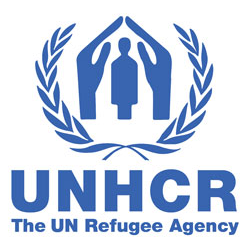Main Debate
- When is cessation of refugee status appropriate and what procedures must be adhered to in order to ensure that the individual’s rights are not violated?
Main Point
- Principles of international law and principles of domestic law pertaining to administrative fairness determine whether cessation in fact applies. This often involves complex issues of fact and law.
Readings
Core
- UNHCR, ‘Guidelines on International Protection: Cessation of Refugee Status under Article 1C(5) and (6) of the 1951 Convention relating to the Status of Refugees’, UN/HCR/GIP/03/03,10 February 2003.
- K. McMillan, ‘Uganda’s Invocation of Cessation regarding its Rwandan Refugee Caseload: Lessons for International Protection’, International Journal of Refugee Law, vol. 24, no. 2, (2012), pp. 231-262.
- UNHCR, ‘Implementation of the Comprehensive Strategy for the Angolan Refugee Situation, including UNHCR's Recommendations on the Applicability of the "ceased circumstances cessation clauses’, 15 January 2012.
- UNHCR, ‘Implementation of the Comprehensive Strategy for the Liberian Refugee Situation, including UNHCR's Recommendations on the Applicability of the "ceased circumstances" cessation clauses’, 13 January 2012.
- UNHCR, ‘Implementation of the Comprehensive Strategy for the Rwandan Refugee Situation, including UNHCR's Recommendations on the Applicability of the "ceased circumstances" cessation clauses’, 31 December 2011.
- UNHCR, ‘Note on Suspension of "General Cessation" Declarations in Respect of Particular Persons or Groups Based on Acquired Rights to Family Unity’, December 2011.
- UNHCR, ‘Guidelines on Exemption Procedures in respect of Cessation Declarations’, December 2011.
Extended
- T. Schreier, ‘Cessation of Refugee Status’ in F. Khan and T. Schreier (eds), Refugee Law in South Africa, (Cape Town: Juta, 2014).



